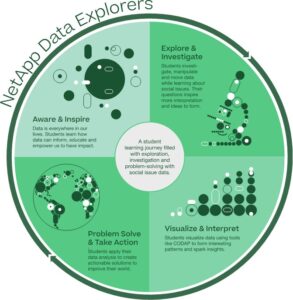

Math Workshops in Summers 2022-23 and School-Year Support
Join coaches and teachers from across the country in (paid) PD designed for middle school math coaches and the teachers they work with.

TERC’s Stephen Alkins Appointed to the Boston School Committee
Mayor Michelle Wu has announced the appointment of Dr. Stephen Alkins to the Boston School Committee, to serve a 4-year term. The Boston School Committee is the governing body of Boston Public Schools. “Dr. Alkins has dedicated his career to bringing about the systemic change that’s needed in this moment,” said Mayor Michelle Wu. “I’m excited for him to bring his vision and experience to the Boston School Committee. His commitment to inclusion and holistic understanding of education will benefit all BPS families, » Read more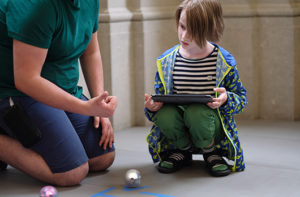

INFACT 2022 Research Study
INFACT is recruiting grade 3-8 teachers! Stipends available! On- and off-line CT learning and teaching materials — Zoombinis, digital interactives, Scratch coding, robot options, and hands-on activities for classrooms this spring!

Actions Needed by Higher Education Institutions, Technology Companies, Federal Agencies to Increase Representation of Women of Color in Tech
A press release from the National Academies Committee on Addressing the Underrepresentation in Tech, Transforming Trajectories for Women of Color in Tech, features work done at TERC by the LASOW project team featured in Chapter 2, the Literature Review, and influences analysis throughout the rest of the report. The team is comprised of Maria Ong, Nuria Jaumot-Pascual, Audrey Martínez-Gudapakkam, and Christina B. » Read more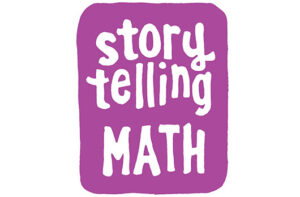

Storytelling Math in the News
Lia & Luís: Who Has More? on PBS SoCal 111 Favorite Kids Books of 2021 Looking for your child’s next favorite book? Lia & Luís: Who Has More? (Ages 3-6) written by Ana Crespo and illustrated by Giovana Medeiros tells the story of how a little girl named Lia uses some clever math tools to show her brother how much they both really have using measurement and comparison. The PBS SoCal list includes books for kids of all ages that talk about important topics, » Read more

The Double Bind team at TERC will present at WEPAN’s Virtual Women of Color Summit on November 9 at 2:15 PM.
Don't miss this summit that will provide a platform for women of color in the STEM fields and their allies to network, engage in authentic discussions, and share best practices. See the program here: https://www.wepan.org/page/WOCS2021

Sabrina De Los Santos and Audrey Martinez-Gudapakkam presenting at the NAEYC Conference
The presentation will be done in Spanish, titled "Empoderar a las familias latinas para ayudar a los niños con las matemáticas" and it will showcase two projects which focus on engaging Latinx families with preschool- aged children in mathematics.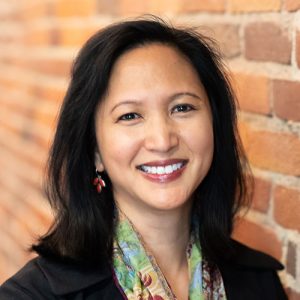

The TEAM-UP Task Force, including Mia Ong of TERC, recently received the 2022 Excellence in Physics Education Award from APS Physics
The Excellence in Physics Education Award each year recognizes a team, collaboration, or an exceptional individual who has exhibited a sustained commitment to excellence in physics education.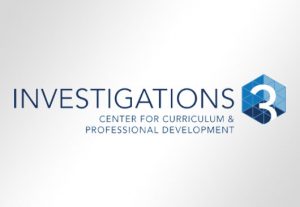

Project staff of the Investigations Center for Curriculum and Professional Development have developed a Framework for Reflecting about Equity in the Investigations Mathematics Curriculum
They are now making this working draft available for school-based educators who might also find it useful as a tool for reflecting on issues of equity, identity, and agency in mathematics learning and teaching.